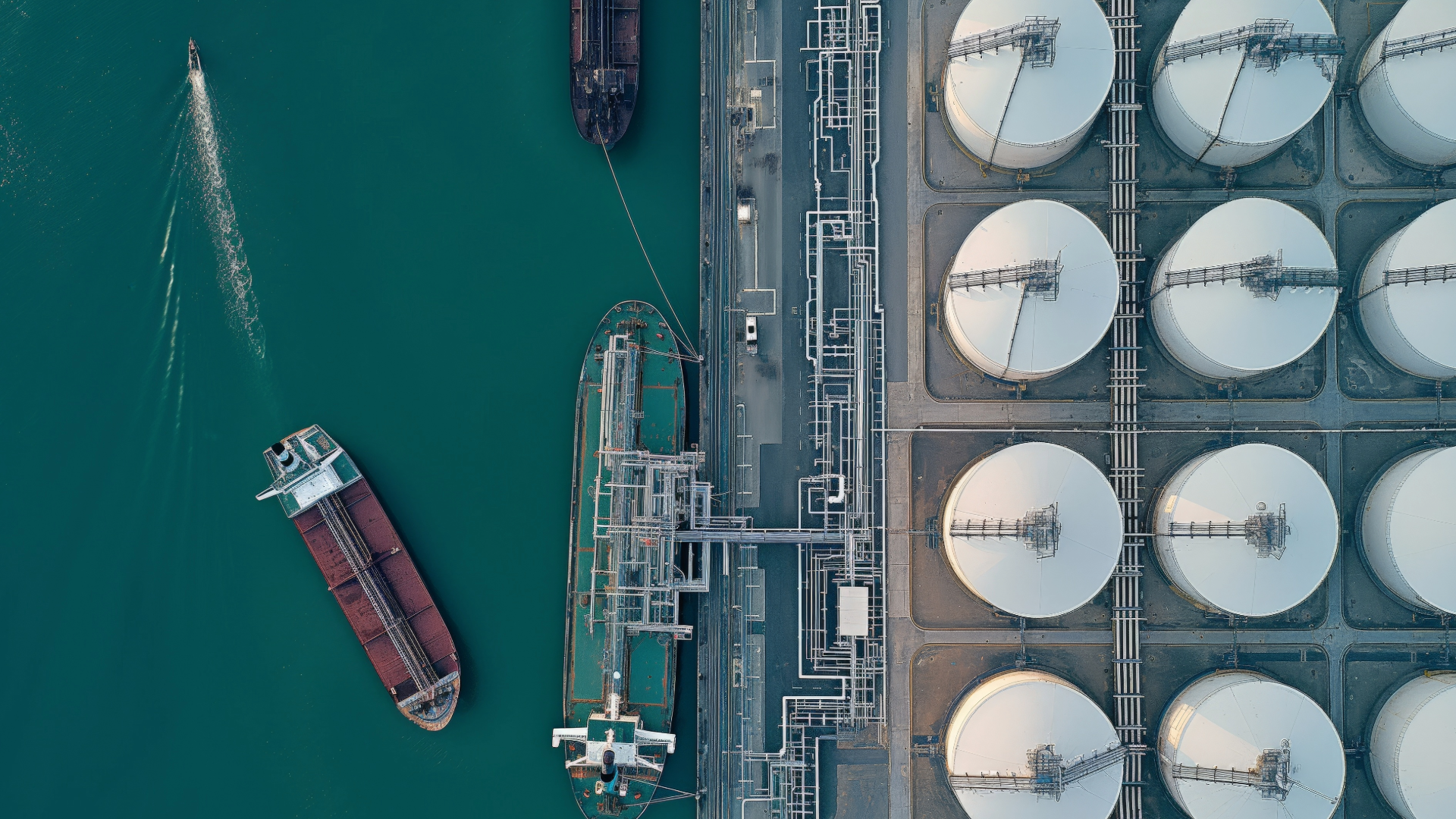Speak up by July 31st! Help shape Washington’s oil spill response planning requirements and improve protections for Salish Sea wildlife, waters, and communities.

Issue Overview
Oil tanker traffic through the Salish Sea has surged since the Trans Mountain pipeline expansion was completed in May 2024. Washington State’s oil spill contingency plans need to be updated, especially for non-floating oils like tar sands diluted bitumen, which is far harder to contain and collect.
Expanded tanker routes, including unescorted vessels and increased use of anchorage areas and offshore drift, were never evaluated or mitigated in Trans Mountain’s permitting process. The state’s recommendations don’t go far enough to protect endangered Southern Resident killer whales, Washington’s waters, or coastal communities.
This spike in oil tanker traffic puts Washington’s waters and the critically endangered Southern Resident killer whales at increased risk from a catastrophic non-floating oil spill.
What’s At Stake?
- An oil spill response without the necessary equipment and personnel puts the Salish Sea, coastal communities, Tribal treaty rights, and cultural and economic resources at risk.
- The critically endangered Southern Resident killer whales face catastrophic threats from oil spills.
- Without stronger rules, Washington won’t meet its obligation to ensure Best Achievable Protection.
The Opportunity
Friends of the San Juans is the only environmental nonprofit directly participating in the 2025 Best Achievable Protection rulemaking process. We’ve drafted detailed sign-on comments for partner organizations and are advocating for stronger and more effective requirements. Your voice can help amplify this effort!
Together, we can…
- Ensure ships and oil industries are required to prepare for spills involving non-floating oils.
- Push the state to implement—not just recommend—protections for the critically endangered Southern Resident killer whales.
- Support the Best Achievable Protection for endangered Southern Resident killer whales, Washington’s waters, and coastal communities.
Take Action Now
Submit a comment to the Department of Ecology by July 31. Urge them to require oil industries and shippers to provide the oil spill response readiness needed to truly protect our waters, wildlife, and communities.
Comment Suggestions
Here are some suggested talking points based on the comment letter submitted by Friends of the San Juans. You can copy and paste any of these into the comment form, or use them as inspiration to write your own message:
Please ensure that the scope of the rulemaking to update Washington State’s oil spill contingency plan requirements provides the Best Achievable Protection for the Salish Sea, endangered Southern Resident killer whales, and Washington’s shoreline communities:
- Strengthen the response requirements for non-floating oil spills like diluted bitumen (tar sands crude oil). These oils can submerge and sink and are far more difficult to detect, contain, and collect. Washington must require dedicated equipment and trained personnel to respond quickly and effectively.
- Require spill response plans to include existing or immediately deployable air quality monitoring and emergency notification systems to protect all communities that could be impacted in the event of a spill.
- Prevent double-counting of response resources. Washington must require planning standards for the simultaneous floating and non-floating oil spill responses.
- Update planning standards to include proven new response technologies and processes—not just industry status quo.
- Require that independent experts, not just oil industry or spill response representatives, be involved in shaping the update to Washington’s spill response preparedness requirements.
- Don’t rely on spill response coordination with Canada or updates to area contingency plans. These would be beneficial, if achieved, but cannot be achieved by Washington State alone. Critical improvements must be secured through this rulemaking process.
- Increase protections for Southern Resident killer whales by ensuring state agencies or Wildlife Response Service Providers have the permits and authorizations needed for the reconnaissance, monitoring, and deterrence operations to keep Southern Residents away from oil spills. This should include the sustainable funding needed for the dedicated personnel, equipment, and ongoing training.
Learn More
- Friends’ comment letter
- Washington Ecology’s webpage on Best Achievable Protection (BAP) for spill response
- Washington Ecology’s official summary of 2025 recommendations—covering non‑floating oils, orca protection, shoreline cleanup, and aerial surveillance
Keep the Action Alerts Coming!
Friends of the San Juans needs your support to continue vital education, science, policy, and law to protect the San Juan Islands and Salish Sea. If you find our action alerts informative and useful, please consider making a contribution!

